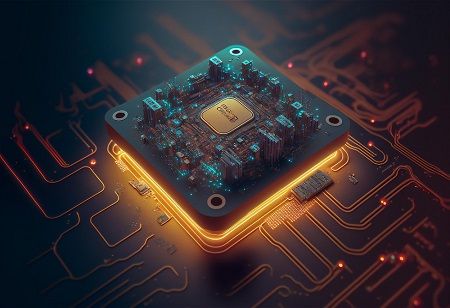
Tokyo Electron Ltd., Japan’s leading chip equipment manufacturer, is looking to establish a team of chip engineers in India to align with the Modi government’s initiative to boost semiconductor manufacturing in the country. The company aims to hire and train local engineers around 2026, starting with providing technical support to Tata Electronics Pvt, according to CEO Toshiki Kawai. Robotics will increasingly play a role, and support will be offered from Japan both in-person and remotely, although specific hiring numbers were not disclosed.
India is actively pursuing international electronics companies and chipmakers to set up operations, in line with Prime Minister Narendra Modi’s vision to reduce the technology gap between India and more advanced nations. Apple is ramping up its iPhone production in India, while Tata Group and others are making significant investments in semiconductor fabs. The Indian government is providing incentives to support these ventures, which will require equipment and expertise from global firms like Tokyo Electron.
Tokyo Electron plans to hire 10,000 new employees globally over the next five years as demand for domestic chip production rises across several countries. The company, a supplier to Taiwan Semiconductor Manufacturing Co., Samsung Electronics, SK Hynix, and Intel, forecasts record revenue and profits for the fiscal year ending in March. It also expects overall chip demand to double by 2030, driven by artificial intelligence, autonomous vehicles, and efforts towards energy efficiency and carbon neutrality.
At the same time, the US is pressuring Japan to impose stricter controls on exports of advanced chipmaking equipment to China. Washington has sought to limit Tokyo Electron’s ability to service its machinery in China, potentially invoking the Foreign Direct Product Rule (FDPR), which restricts sales of products globally if they use even minimal American technology.

